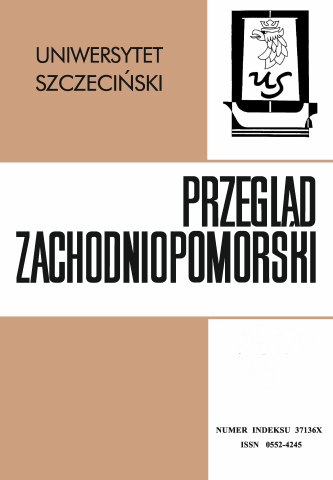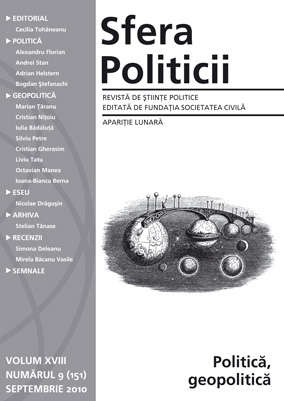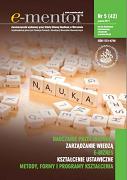
Recepcja symbolu gryfa na Pomorzu Zachodnim
The paper deals with the ambiguous origination of the symbol of Griffin in the Duchy of Pomerania, i.e. the way how the motif was implemented in the Pomeranian culture, as well as when it happened and in which form. The paper includes an analysis of the oldest iconographic relics from Pomerania with an image of Griffin and it offers some explanations why that symbol appeared in the Duchy. The paper also provides some information on the origin of the symbol as far back as the ancient and medieval times.
More...


